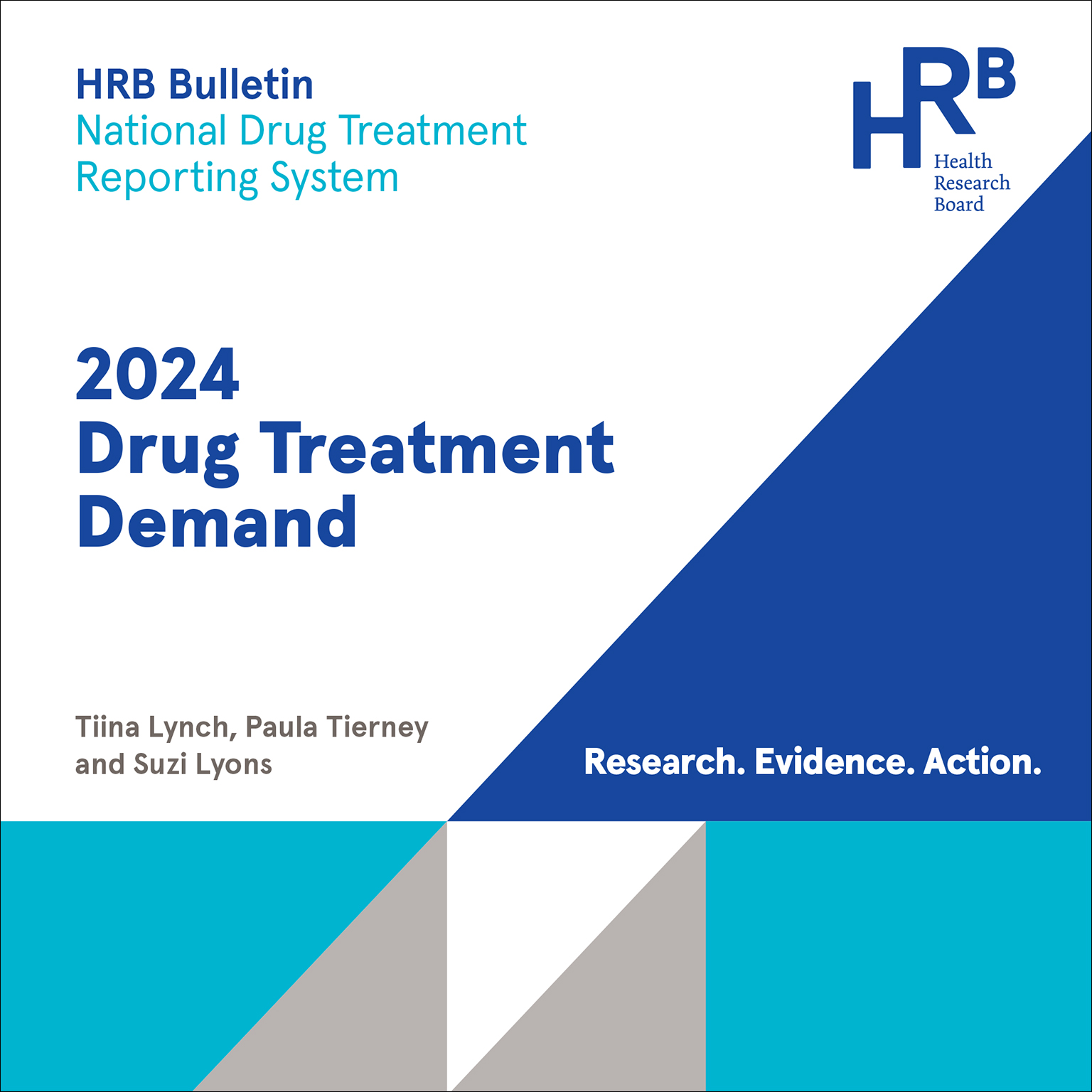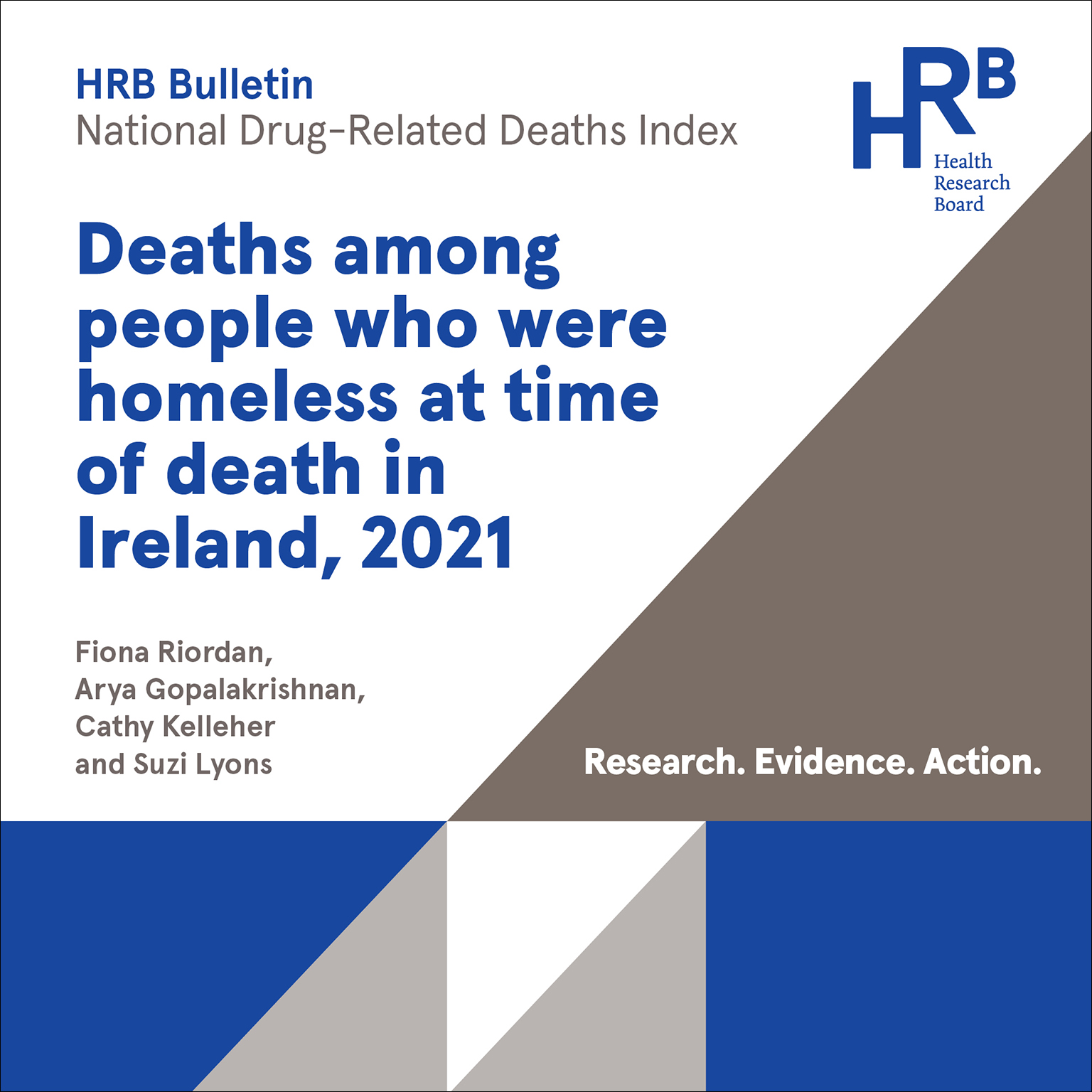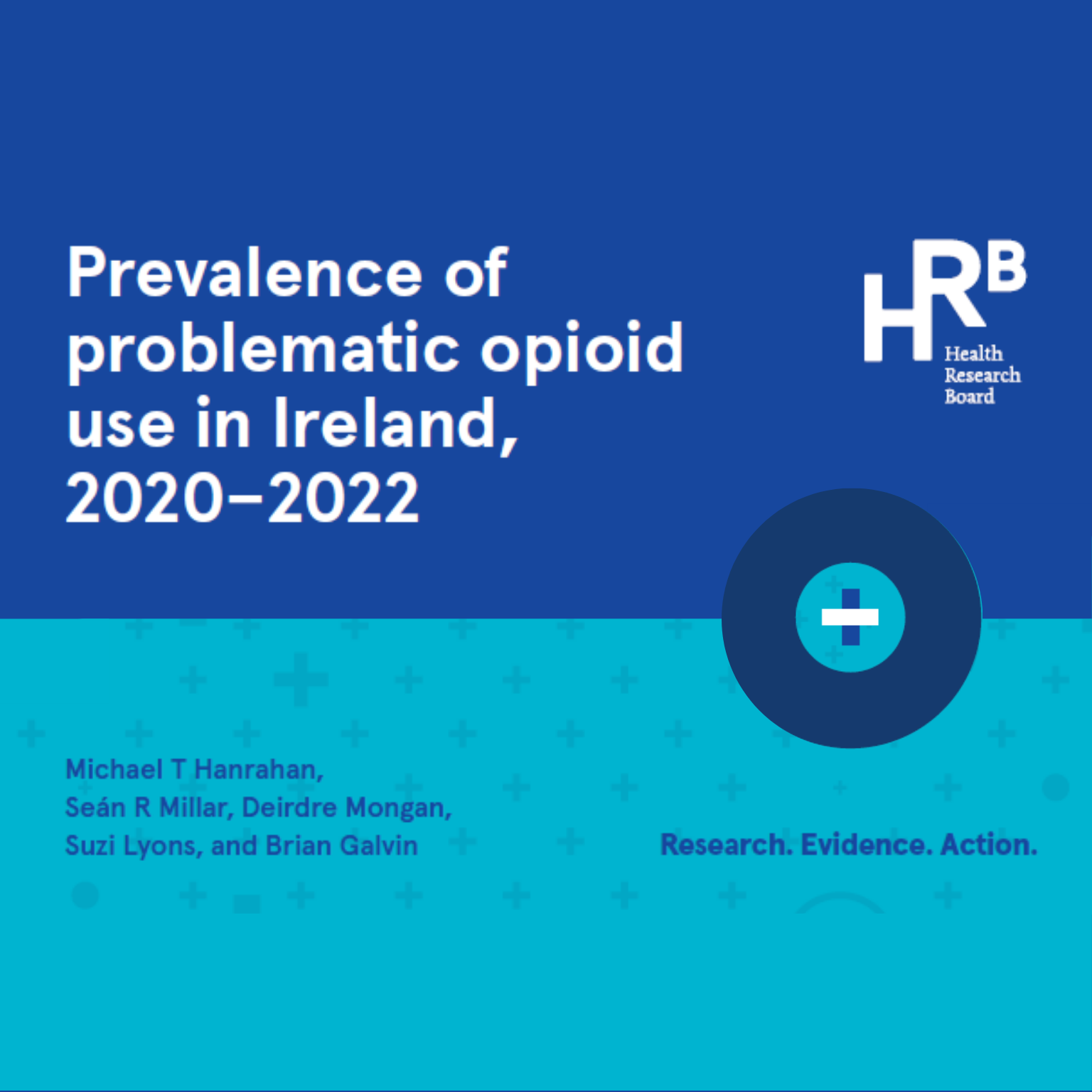Opportunity knocks for talented health researchers and professionals
The new HRB Emerging Investigator Awards will enable researchers at the mid stage of their career to shift gear to become independent investigators. The HRB is investing €8.3 million through this scheme to support 11 researchers who have demonstrated real promise as they take their first step to research independence.
7 min read - 15 Aug 2017
According to Mairead O’Driscoll, Interim CEO at the Health Research Board,
‘What set these successful individuals apart was their diversity and ability to multitask. Their challenge now is to build their research team, advance their research programmes, foster collaborations and leverage funding to build a sustainable research programme. Everyone is well qualified for the challenge’.
The HRB will support these investigators for four years with a maximum of €800K, including the investigators’ salary and support for research staff. Areas that will benefit from this investment include: –
- health economics
- biostatistics
- immunology
- respiratory medicine
- pharmacology
- neurology and neuroscience
- psychology
- molecular and cellular biology
- health services research.
Successful individuals will be recognised as principle investigators in their institutions, As well as doing research that would ultimately improve people’s health, or positively influence policy or practice; they will also be expected to act as mentors and work well in collaboration with other disciplines.
The new HRB Emerging Investigators are listed below in alphabetical order by surname. A brief lay summary of their project is also included.
If you want to know more about any individual project, you should contact the press office at the Principal Investigator’s host institution.
ENDS
For further information about the awards schemes or the HRB in general, contact:
Brian Cummins, HRB, t +01 2345136, m +085 8879313, e bcummins@hrb.ie
Dr Peter Bede
Specialist Registrar in Neurology
Trinity College Dublin and Beaumont Hospital
Dr Bede’s research interest is in Amyotrophic Lateral Sclerosis (ALS), which is a devastating, relentlessly progressive neurodegenerative condition with no effective disease-modifying therapies and no validated biomarkers. The aim of the project is to develop non-invasive imaging modalities into accurate diagnostic, prognostic and monitoring biomarkers. The findings will have implications for diagnostic applications, clinical management, pharmaceutical trials, and characterising anatomical patterns of pathological spread in neurodegeneration.
Dr Cathal McCrory
Senior Research Fellow (Psychology)
Trinity College Dublin
Dr McCrory will conduct a research project addressing why individuals from more disadvantaged social backgrounds will develop diseases earlier and will die earlier compared with their more advantaged peers using the Irish Longitudinal Study on Ageing (TILDA) dataset. The project aims to understand how social group-based differences affect the health of individuals over the life course. Some of the findings should inform societal approaches to reduce health inequalities and promote healthy ageing.
Dr Jane English
Research Fellow (Neuroscience)
University College Cork
Dr English’s research interest is in Autism Spectrum Disorder (ASD), which is a complex disorder of brain development. Most children with ASD are diagnosed at an age when Early Intervention therapy is no longer maximally effective. The aim of this project is to identify biomarkers in the blood at birth for the early diagnosis of ASD. These blood biomarkers will facilitate the identification of children at high-risk of developing infantile autism, thereby facilitating the earliest possible intervention and leading to improved clinical outcome.
Dr John Ferguson
Senior Research Fellow (Biostatistics)
National University of Ireland, Galway
Dr Ferguson’s research interests lie in the development and application of novel statistical techniques in population health. Deciding on an appropriate intervention in population health mandates a prior forecast of the intervention’s effect on disease. The proposed project will develop methods to more accurately predict the long-term effects on disease prevalence for planned disease interventions. The methods will initially be developed for interventions targeting stroke, but will later be extended to several other diseases.
Dr Niamh Humphries
Senior Research Fellow (Health service research)
Royal College of Physicians Ireland
Dr Humphries will address the research question of why Ireland is losing almost as many doctors to emigration as it trains each year. This rate of doctor emigration is a threat to the future of the health system, which may run short of doctors to staff its hospitals. The project aims to understand the factors leading to the high rate of Irish doctors’ emigration and to develop new approaches to retain the doctors after training in Ireland. Research findings should inform policy makers in order to improve polices and working conditions for doctors in the future.
Dr Attracta Lafferty
Senior Research Fellow (Psychology)
University College Dublin
Dr Lafferty’s research interest is in the area of health and wellbeing of family carers, who provide the majority of care in the community for older people and those with a disability or illness. The main focus of the project is how to better support carers in order to improve their health and wellbeing by creating a programme to help working family carers improving their physical and mental health. If successful the new programme may be applicable on a larger scale in different work settings throughout the country.
Dr Niamh Lynam-Lennon
Senior Research Fellow (Molecular and cellular biology)
Trinity College Dublin
Dr Lynam-Lennon will conduct a project in the area of cancer of the rectum, which is one of the most common cancers in Ireland and worldwide. Patients with rectal cancer are commonly treated with chemoradiation therapy to shrink the tumour before surgery to remove the tumour but unfortunately not all patients respond to this treatment reducing survival rate. The project aims to identify prior to the start of treatment, whether a patient will benefit from chemoradiation therapy or not. In addition it aims to identify an alternative novel treatment approach for rectal cancer patients who do not benefit from chemoradiation therapy, in order to ultimately improve patient treatments, outcomes and quality of life.
Dr Cathal McCarthy
Research Fellow (Obstetrics)
University College Cork
Dr McCarthy’s research interest is in the area of pre-eclampsia and gestational diabetes, which are two common complications of pregnancy. The prevalence of both pregnancy complications has increased in Ireland and it seems that mitochondrial dysfunction might have an effect on pre-eclampsia and gestational diabetes. Main focus of this study is to investigate the therapeutic potential of targeting mitochondrial function for treating pre-eclampsia and gestational diabetes in order to improve the long-term outcome of pregnancy for both mothers and babies.
Dr James O’Mahony
Research Fellow (Health economics)
Trinity College Dublin
Dr O’Mahony will conduct a research project addressing how to increase the relevance and reliability of health economic evidence in Ireland. He will continue his work with the CERVIVA research consortium to advance cervical cancer screening and to translate the lessons learnt from cervical cancer prevention to screening for other cancers, including breast, colorectal and lung. The research will identify simple pitfalls in health economic modelling and show how to avoid them. The value of this work will be improved cancer screening that provides the right balance of benefits to screened individuals with the needs of others in the health system.
Dr Mark Robinson
Research Fellow (Immunology)
Trinity College Dublin
Dr Robinson will conduct a project on the area of liver cirrhosis, which occurs when normal liver tissue is replaced by scar tissue, leading to the eventual failure of normal liver functions. This study will link three Dublin hospitals that currently care for patients with liver cirrhosis and will exploit new discoveries in liver immunology to identify immunological markers to predict the presence and rate of progression of liver cirrhosis. The research findings will generate health knowledge needed to predict a patient’s risk of liver failure and stop the progression of liver cirrhosis.
Dr Silke Ryan
Consultant in Respiratory Medicine
University College Dublin and St Vincent’s Hospital
Dr Ryan will conduct a research project in the area of obstructive sleep apnoea, which is a very frequent condition strongly linked with obesity and type 2 diabetes (T2D) and also associated with the development of various heart conditions, such as high blood pressure, heart attack or stroke. The project aims to identify the detailed mechanisms underlying fat inflammation and subsequent glucose abnormalities in type 2 diabetes. It will test the utility of a novel treatment strategy targeting this response and thus, should lead towards personalized therapeutic approaches for patients with obstructive sleep apnoea.
7 min read - 15 Aug 2017



